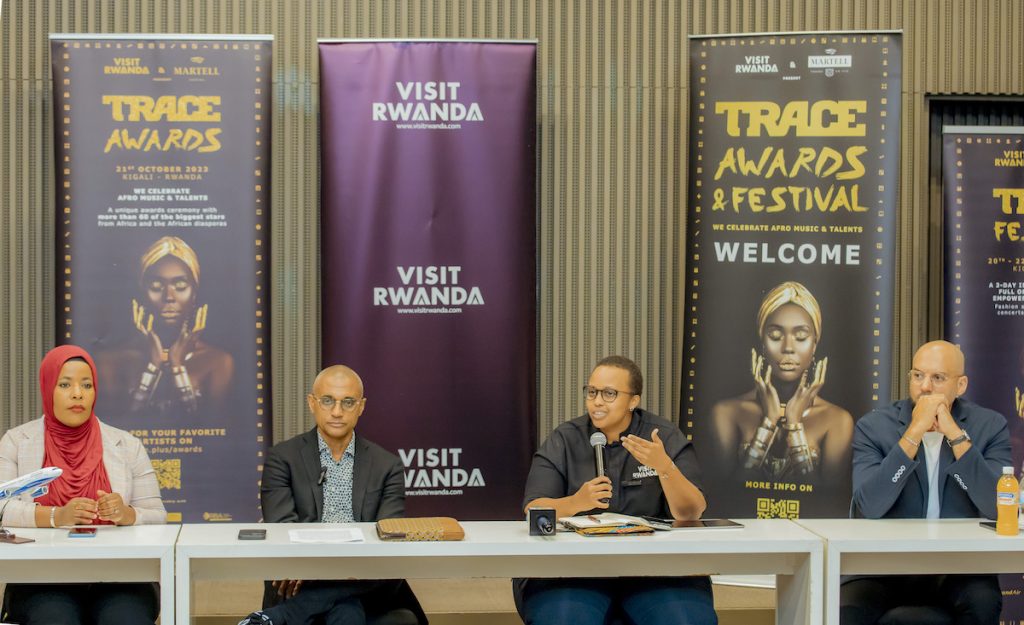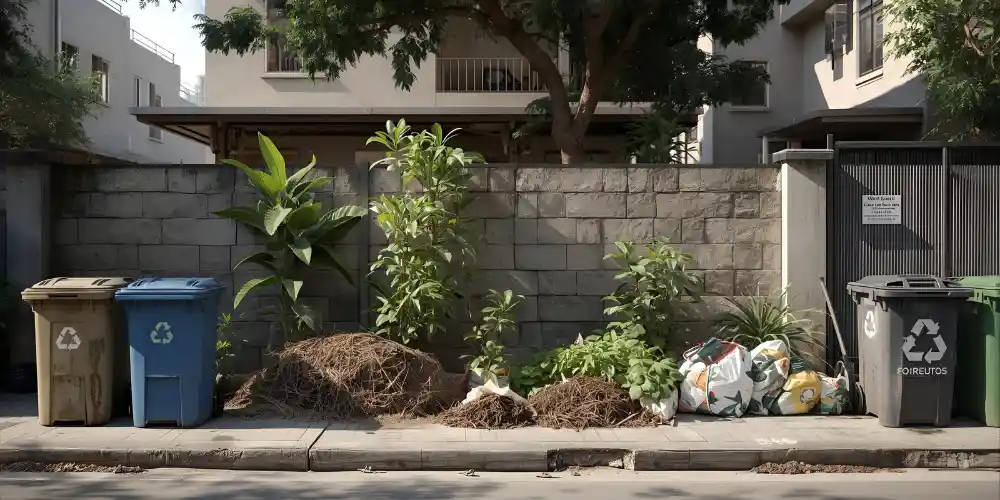The fragile state of South Sudan is once again teetering on the edge of full-scale war. After decades of struggle and two bloody civil wars since gaining independence in 2011, the world’s youngest nation seems trapped in a relentless cycle of conflict, betrayal, and unfulfilled promises.
With tensions escalating between rival political factions and armed groups mobilizing once again, many fear that South Sudan is heading toward a third and possibly most destructive civil war yet. The prevailing mood is one of disillusionment and dread a tragic reversal of the hope that once surrounded the country’s independence.
“If war breaks out again, this time it has to end properly,” said a community elder in Juba, voicing a sentiment increasingly echoed across the country. “There must be a clear winner. But more importantly, there must be real peace.”
The Legacy of Broken Peace Agreements
Since the signing of the Revitalized Agreement on the Resolution of the Conflict in South Sudan (R-ARCSS) in 2018, optimism about a lasting peace began to fade. Key provisions of the peace deal including the formation of a unified army, disarmament of militias, and the creation of a new constitution remain either delayed or ignored altogether.
Instead of reconciliation, the peace process has become a political chess game, with rival leaders exploiting delays to consolidate power and reposition their forces. The transitional government, led by President Salva Kiir and his former rival turned Vice President Riek Machar, has been marred by distrust, stalling any real progress. The national elections, originally set for 2023, have been repeatedly postponed adding to the growing frustration among citizens and international observers alike.
Militarization and the Shadow of War
On the ground, the situation is rapidly deteriorating. Armed groups in several regions are remobilizing, restocking supplies, and preparing for renewed combat. Ethnic militias, emboldened by weak rule of law and local grievances, are once again taking up arms. The failures of disarmament have allowed weapons to continue circulating widely, fueling violence in rural areas and along tribal lines.
In Upper Nile, Jonglei, and Unity states areas that bore the brunt of past conflicts reports indicate increased military activity. Civilians, caught in the middle, are already fleeing potential flashpoints. For many, displacement is a recurring nightmare, and humanitarian agencies are sounding the alarm as access to aid is hindered by insecurity and administrative obstruction.
Political Elites and the Power Struggle
At the heart of the looming crisis lies a power struggle that continues to paralyze the country. The Kiir-Machar alliance, forged out of political necessity rather than genuine reconciliation, has become increasingly dysfunctional. Key military appointments are made along ethnic lines, reinforcing divisions and undermining efforts to build a national identity.
Worse yet, the governing elite appears more interested in controlling the country’s vast oil revenues and donor funds than resolving the crisis. Corruption remains rampant, and governance is virtually absent outside the capital. This failure to deliver basic services, justice, or economic opportunity has left many South Sudanese with no faith in the political process.
The Cost of International Complacency
Despite years of investment in peacebuilding and humanitarian aid, the international community now seems fatigued. Key actors including the African Union, the United Nations, and IGAD have issued warnings, but little concrete action has followed. The perceived failure to enforce peace terms or hold leaders accountable has emboldened spoilers of peace.
Sanctions and arms embargoes have been largely symbolic. Mediation efforts lack teeth, and regional powers are divided or distracted. This vacuum of international resolve is one reason why South Sudan’s leaders feel no real pressure to compromise. Meanwhile, the people of South Sudan continue to pay the price in blood, displacement, and poverty.
The Humanitarian Fallout
South Sudan’s humanitarian crisis is already one of the worst in the world and it could become even more catastrophic. Over 9 million people, nearly three-quarters of the population, need humanitarian assistance. Malnutrition, disease outbreaks, and floods have compounded the suffering, while conflict prevents aid from reaching many in need.
Women and children remain the most vulnerable. Gender-based violence is widespread and underreported. Schools and health centers have been destroyed or abandoned, and entire generations of youth are growing up without education or hope for the future.
What Can Be Done to Avert Another War?
It is not too late to pull South Sudan back from the brink but the window is rapidly closing. A multi-pronged strategy must be urgently adopted.
First, the transitional government must be held to a strict and publicly monitored timetable for elections, constitutional reform, and unification of security forces. Delay can no longer be tolerated. If deadlines are missed again, meaningful consequences including political isolation and targeted sanctions must follow.
Second, international mediators must step up with a renewed, coordinated push for genuine dialogue. Local communities, women, youth groups, and civil society must have a real seat at the table not just armed actors and elites. A peace that ignores grassroots grievances will never hold.
Third, accountability must return to the center of the peace process. War crimes, corruption, and human rights abuses cannot be brushed aside. Establishing transitional justice mechanisms, including hybrid courts, is essential to rebuilding trust and healing wounds.
Finally, the African Union and IGAD must take a firmer stance. As regional stakeholders, they hold critical leverage that can be used to enforce commitments and pressure spoilers. Without their active and consistent involvement, the peace process risks total collapse.
Conclusion: A Nation at a Crossroads
South Sudan is not destined for eternal war. But if urgent, bold action is not taken now, the country will plunge into its third civil conflict one that could be far bloodier than anything seen before. The stakes are enormous: not just for South Sudan, but for regional stability and international credibility in peacebuilding.
As war drums grow louder and hopes for peace smolder, the world must not look away. This is the time to act not with empty statements, but with firm pressure and tangible support for real peace. South Sudan can still be saved from itself but it must begin with courageous leadership, both at home and abroad.
for more news visit our website africaciviclens.com




